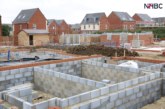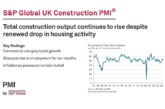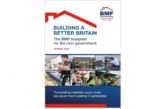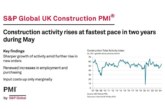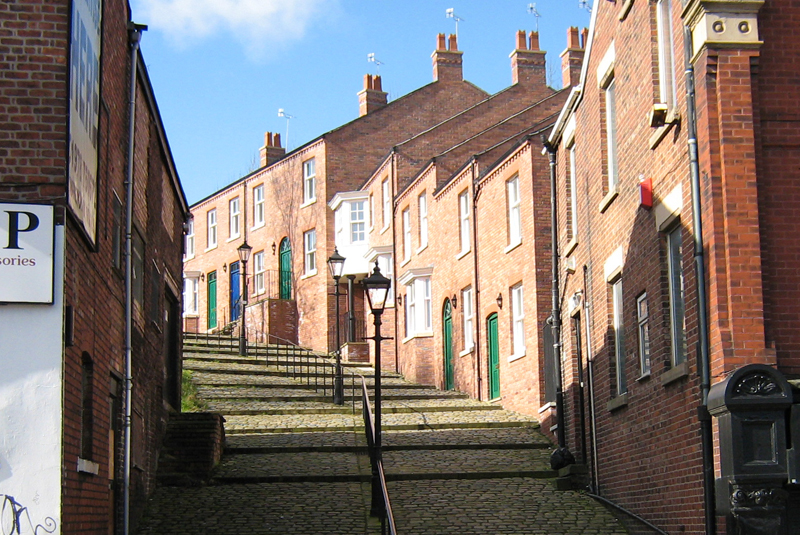
According to reports by the Sunday Telegraph, ministers are planning to meet their target of providing one million new homes by 2020 and to tackle the chronic housing shortage by funding the production of prefabricated homes – which are then delivered to building sites, cancelling much of the subcontracting, and speeding up the build process.
Prefabrication advocates claim that the benefits such as speed and cost trump traditional masonry builds. However, the Brick Development Association (BDA) has raised the fact that a fundamental question seems to have taken a back seat. Why has the issue of sustainability not been taken into consideration?
Considering the housing situation in the UK – 39% of houses are over 65 years old – if we continue to build houses at the current depressed rate, then any house built today will need to last for over one thousand years. In this context, tackling the housing shortage with new build homes that suggest an acceptable lifespan of just 50 years does not satisfy demand in the long term.
Keith Aldis, CEO of the BDA, commented: “We urgently need new housing to cope with a growing population. All construction uses resources, but surely the less often buildings are replaced, the better. It is not a sustainable approach to accept that new buildings could need replacing after just 50 years.
“Our focus must be on building sound structures that will last several lifespans and we know from history that brick built housing boasts excellent longevity. Brick buildings are the ultimate demonstration of a circular economy. The robust and durable nature of brick allows homes to withstand the rigours of a number of different families over time, providing the housebuilder and occupier reassurance of both a solid structure and investment.”
“Therefore, the Brick Development Association would like to call on the Government to address the issue and offer lifespan guarantees for new build homes to meet the long-term needs of our population, not just a quick fix.”
“Re-openings and development of new brick plants are an incredibly positive sign in the revitalisation of the housebuilding sector. When the volume of new housebuilding starts to grow closer to the 200,000 a year target, I am positive brick manufacturers have the capacity to increase production. The BDA would welcome Government initiatives to use the resources in which our members have invested.”
Housing Minister, Gavin Barwell, was recently reported as urging grandparents to leave their estates to their grandchildren, assisting the next generation onto the property ladder. But without sustainably built homes that can withstand multiple owners or tenants, the houses to be passed down will not be fit for this purpose.
The most recent statistics from the National House Building Council (NHBC) housebuilders survey, regarding modern methods of construction, show that masonry construction continues to account for the majority of new residential build and the proportion has remained fairly constant over the last eight years.
Indeed, money and time are often cited reasons for turning to prefabrication to help address the housing shortage. However, the ‘quick fix’ approach feeds the psyche of a throw away culture, leading to environmental degradation and wasteful economics. We must think of the future and the whole-life cost of homes.
Masonry constructions can be quick to build, environmentally sound and built to last, which is why it continues to be the building method of choice for UK housebuilders.

